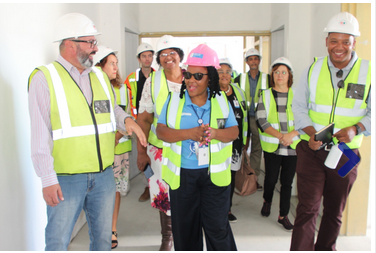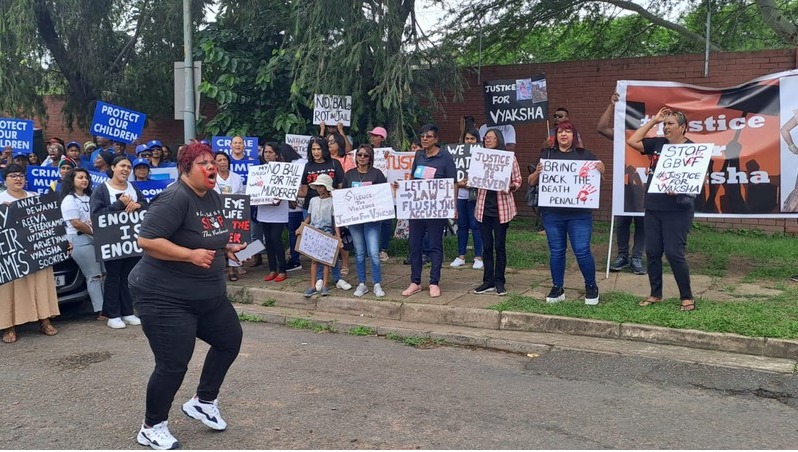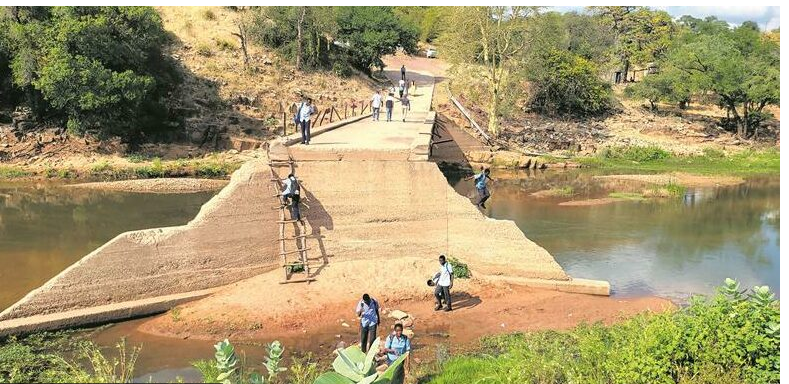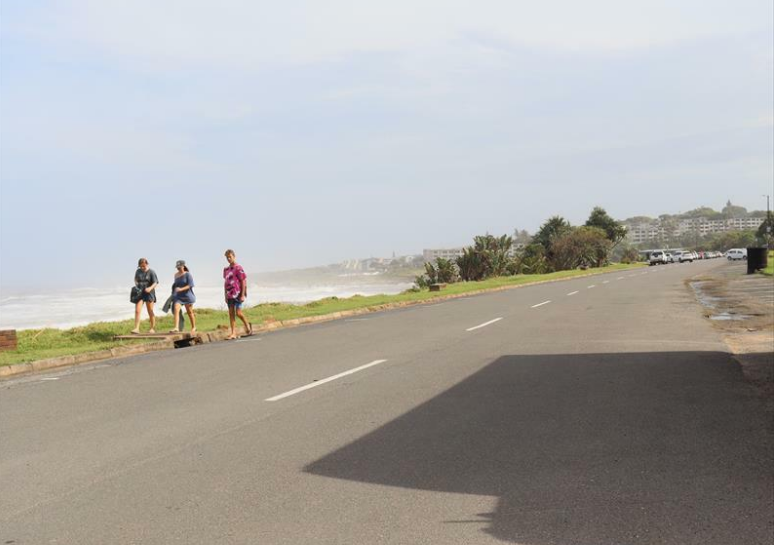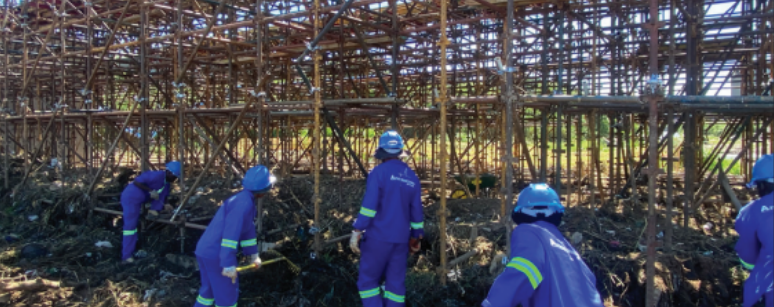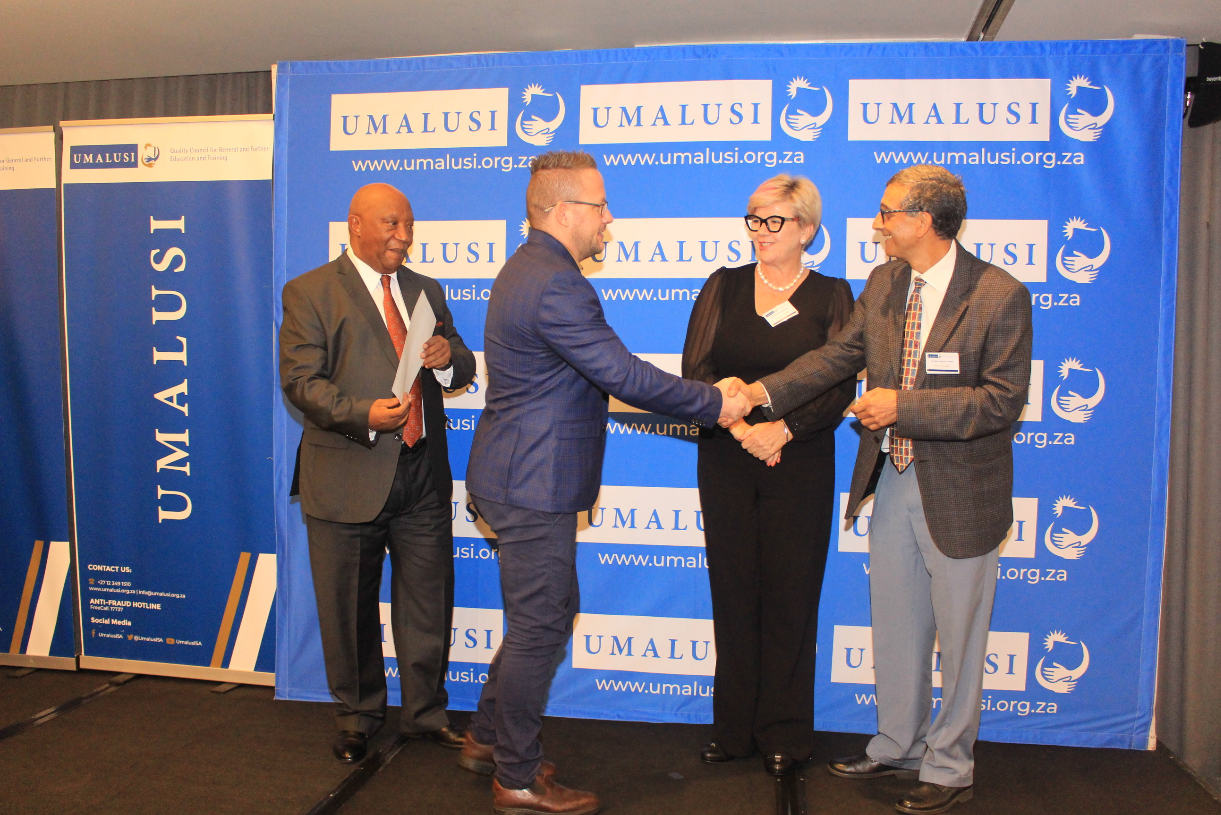Mining should be treated as business

19-01-2017
Read : 78 times
Moneyweb
Source
Ways we can bring our mining sector back on track.
“It’s just very clear, we sit on a knife edge as an industry – it could well collapse and that means it’s unlikely that Africa’s potential will be realised because resources will be sterilised.”
These were Neal Froneman’s words, the chief executive officer of Sibanye Gold, at the recent Investing in African Mining seminar in London.
Neal’s unenthusiastic comments underlined the hurdles faced by South Africa’s mining sector at the moment. Mining, which accounts for 7% of gross domestic product (GDP), is enduring rough times. Production costs continue to rise, investment is disappointing, unsteady labour relations, and pressure from government’s regulatory policies is mounting.
According to Dr Anthea Jeffrey, of the South African Institute of Race Relations, South Africa’s mining as a contribution to GDP has diminished since 1994. This ought to worry us all; given the fact that mining is one of critical industries for South Africa’s economic growth, the much needed job creation, and poverty alleviation.
But this can be reversed; we can bring our mining sector back on track. Because much of the nightmare faced by this sector is man-made – which therefore means it’s all rescindable.
The first step towards reversing this frightening trend will be for all stakeholders and the rest of South Africa to embrace the fact that the mining industry is a bunch of businesses – and must be run as business seeking profit, with less government’s interventionist policies.
The owners want to maximise profit and expand; in the process the society will automatically benefit, by more and rapid job creation. Government’s revenues will increase – which will be very helpful in financing our nation’s development and uplifting the lives of the millions of the poor.
But to those on the left-wing crusade, the mining industry should not be run this way. It should be nationalised, not be run as a private business seeking profit and expansion. Because of this flawed thinking, the industry is already bleeding – and thousands of jobs are under threat and are being lost.
Government’s constricting regulatory policies in the mining industry are burdensome. Many of these regulatory policies are costly and slow down business growth.
You only need to look at the 2016 Mining Charter to understand these policies.
According to a report by Reuters, the Chamber of Mines, which represents most of the mining industry, has said that it will take President Zuma’s government to court over the 2016 draft of the Mining Charter.
This charter requires companies to keep black ownership at 26% even if they sell their stake, and raises procurement from black owned companies.
The major complain from the Chamber of Mines, is that they were not consulted on the drafting of the charter. This is stunning; because one would expect that the mining industry would be consulted on such a critical policy document. It was not.
At Investing in African Mining seminar, Froneman also said that the political ructions hurt investment into the industry. And a lot has happened over the past twelve months in South Africa’s politics.
From the sacking of Nhlanha Nene, to Constitutional Court’s ruling against President Zuma, to National Prosecuting Authority pursuing charges against Gordhan, to the state capture report, all these political events diminish investor confidence in the mining industry and the rest of South Africa.
With lacklustre, jobless economic growth, there was no time higher investor confidence was more needed. Mining is business – higher investment is needed to grow the industry.
When compared with other mining countries, South Africa lags behind. In order to catch up, it should consider taking lessons on how to run mining as private business from Botswana.
Botswana reformed its mining rights in 1999. Anthea writes “Botswana’s mining law shows a clear understanding that the substantial investment required to develop a mine and carry out mining operations is itself a major economic and social good”.
Unlike Botswana’s, South Africa’s mines are persistently under threat of nationalization. Politicians are threatening to take them over. This exacerbates fears about the industry and brings uncertainty. The Batswana’s have rather chosen to stress transparency and certainty on their mining policies.
They run their mining as business – with limited government controls and pro-growth regulatory policies; because government’s interventions and controls fuel corruption and inefficiency. The results are stark – Botswana outperforms South Africa in this sector.
Our mining will get back on track and create jobs, if we unashamedly treat them as a business seeking profit – whose fate will be determined by demand, supply, and competition. It is a thinking we should embrace – because at stake is job creation and the fight against poverty.
Recent News
Here are recent news articles from the Building and Construction Industry.
Have you signed up for your free copy yet?
